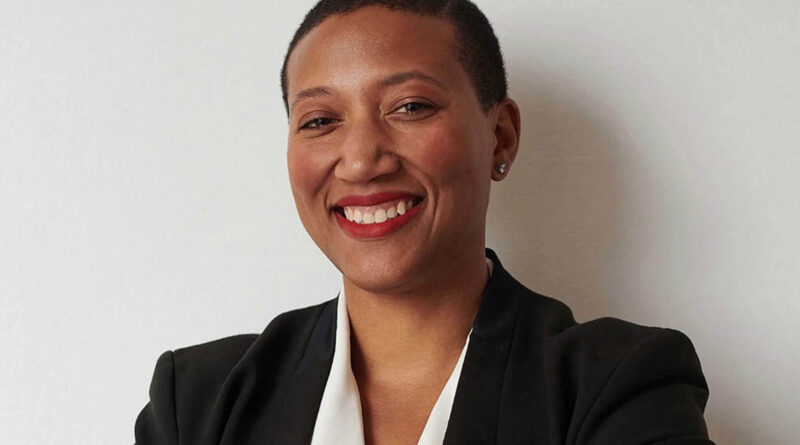American Institute of Architects Elects Kimberly Dowdell As Its First Black Female President
The American Institute of Architects (AIA) has elected Kimberly Dowdell as its 100th president and its first Black female president.
The Architect’s Newspaper reports Dowdell was elected by delegates at the 2022 AIA Annual Meeting, held virtually earlier this month. Dowdell’s one-year tenure will begin in 2024. In 2023, Dowdell will serve as the AIA First Vice President/2024 President-elect. Current First Vice President Emily Grandstaff-Rice will become president, replacing current President Dan Hart.
Dowdell earned her Bachelor of Architecture degree from Cornell University in 2006 and co-founded the school’s Social Economic Environmental Design (SEED) initiative, which is dedicated to setting standards for economic, social, and environmental justice worldwide.
The Ivy League alum currently serves as a principal at HOK in Chicago.
“As the 295th living Black woman to earn an architectural license in the US, I am keen to help young women and people of color,” Dowdell said in a statement. “I do believe that representation matters, and I would be honored to demonstrate a new set of possibilities for young women and people of color, in particular.”
Dowdell also sits on the board of directors at the Architect’s Foundation, the charitable foundation of the AIA. Additionally, she previously served as president of the National Organization of Minority Architects (NOMA), where she started a campaign around the hashtag #AllinforNOMA, an initiative focused on making minorities “visible” and building greater “access to leadership and legacy opportunities for ALL.”
In her role as AIA president, Dowdell will continue to represent minority architects and dedicate her time to making architecture more accessible while fighting climate change and promoting green energy and technology.
“I believe that buildings are very much part of the public realm,” she said. “And I am committed to helping my fellow architects and allied professionals to better protect the health, safety, and welfare of the public,” Dowdell said.

